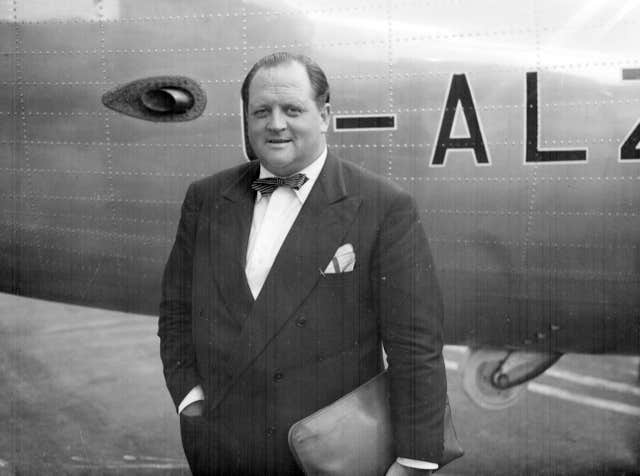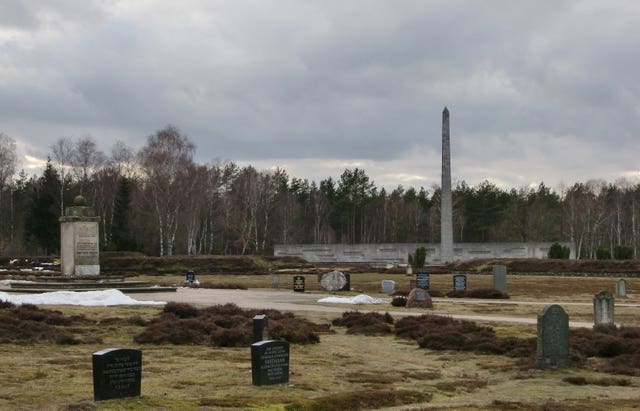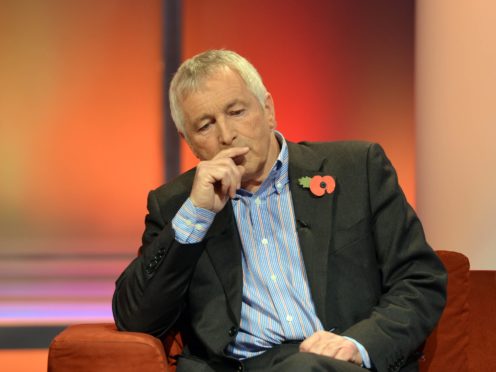Jonathan Dimbleby has said that listening to his late father’s 1945 broadcast from a Nazi concentration camp brought him to tears.
Richard Dimbleby, who was a BBC war correspondent moving through northern Germany alongside British troops, filed a report from the Belsen prison camp.
Jonathan told the Radio Times his father had been told about a camp “in the woods further up the road, at a place called Bergen-Belsen”.

The broadcaster added: “Several prisoner of war camps had already been liberated but, even so, he decided to take a look. He had no idea what he would find until he got there.”
He he only heard his father’s report after he died.
“By that time, I was myself an adult and not much younger than he was when he sent his report back to the BBC,” he told the magazine.
“It brought me to tears then, as it still does today.
“And that’s not just filial piety. I have heard again and again that it has had a similar effect on many, many others.”

He added that he had just returned from an event to mark the 75th anniversary of the liberation of Belsen.
“It is a vast, desolate space, rough grass and tracks surrounded by a forest of birch trees.
“You might, for a moment, think it was a nature reserve. And then you see the mounds that conceal the mass graves of those tens of thousands of people who perished there in the weeks before the British arrived.”

He added that his father “never said a word about Belsen to me”.
“I understand why he preferred to bury it and move on, but I wish now that I had asked him.”
Read the full article in the Radio Times.
